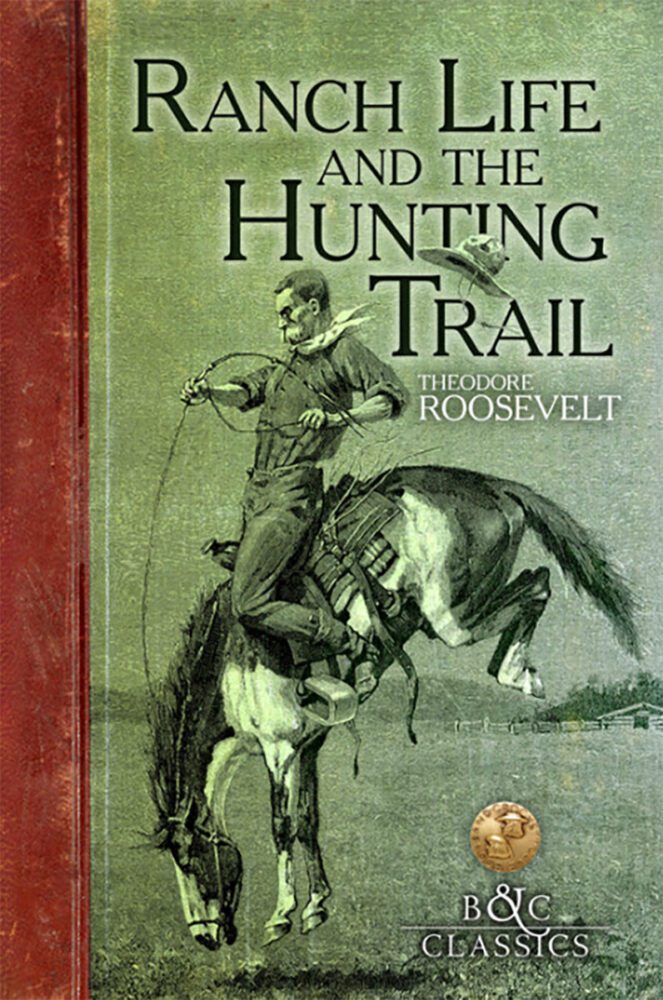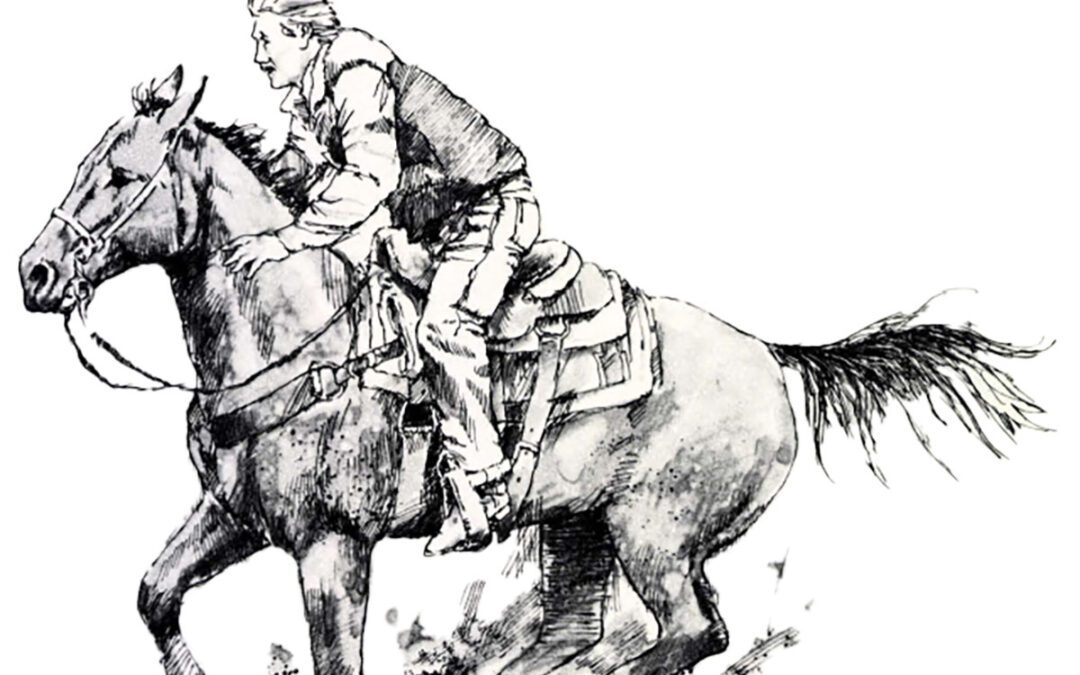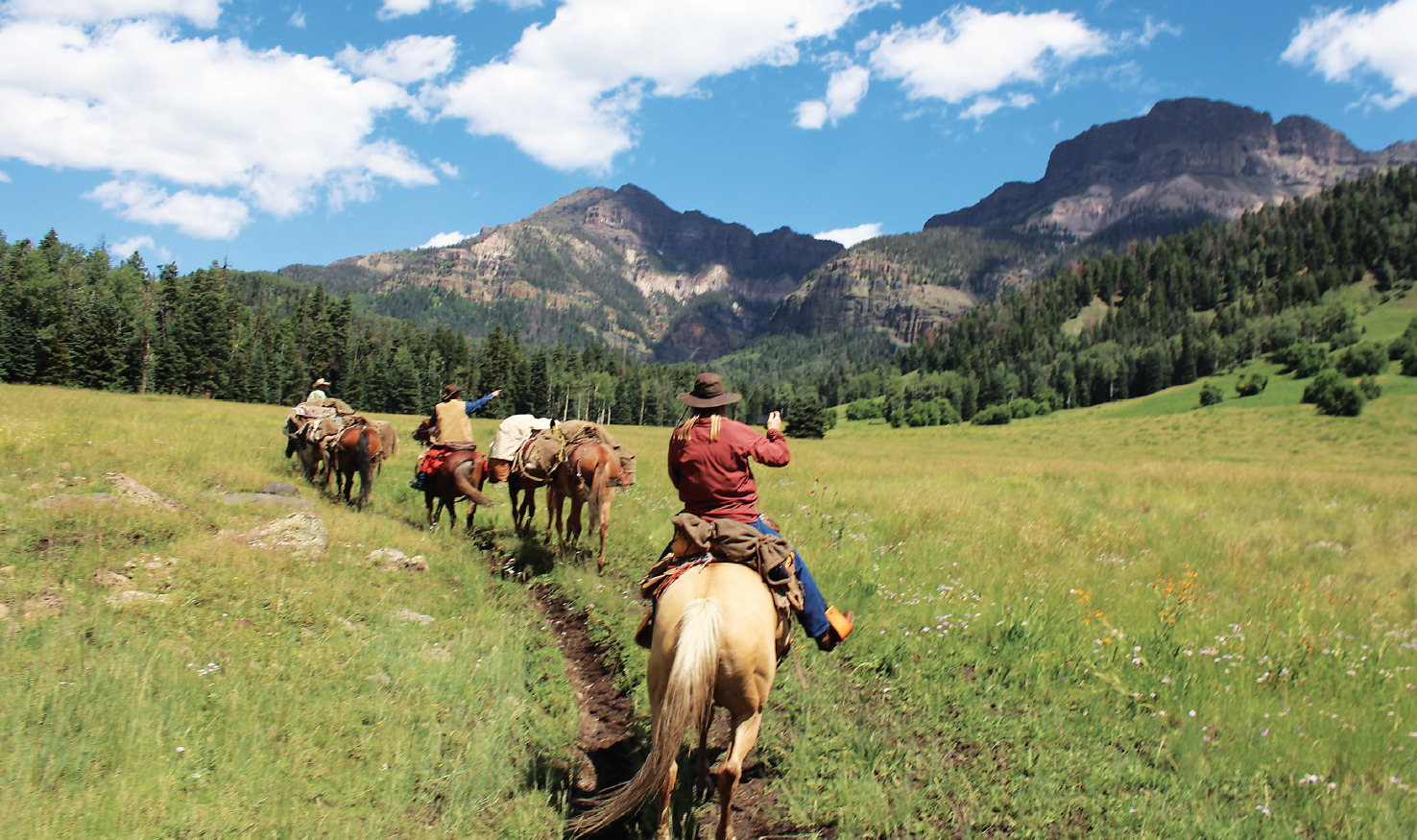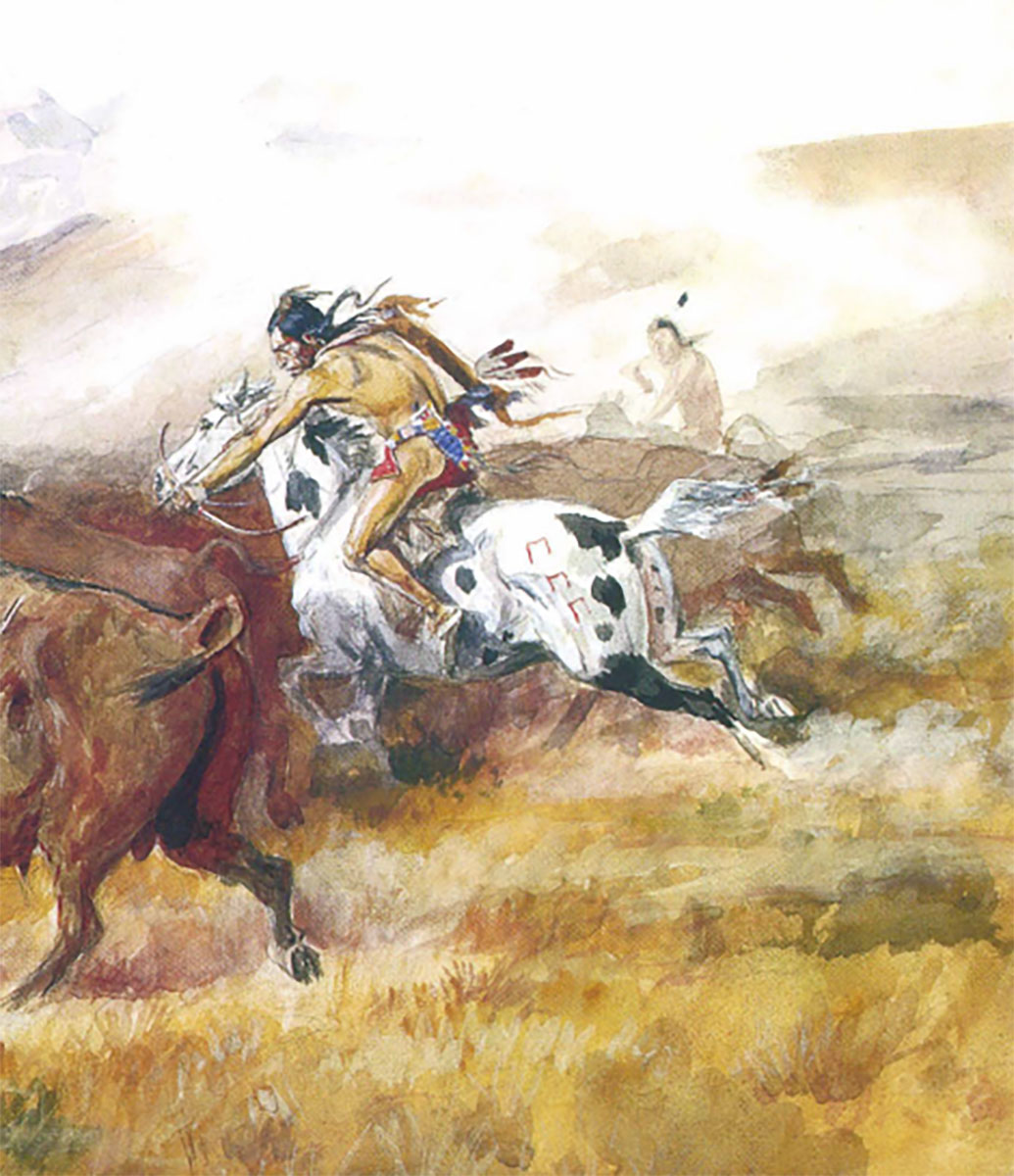It may take a right to the jaw or a secret whisper, but defending your honor (and saving your skin) is never easy when your arch enemy is bigger and faster than you are.
It’s not easy to be a native son of Texas, a Good Ol’ Boy, and not care a thing about horses. situation has caused me trouble for years. I chose motorcycles instead of horses as a randy teenager. My thinking back then, and now, was if you got lamed up on a motorcycle, it was your own fool fault. But if a horse put you in the hospitasl, the horse may have had something to do with it.
I went through some wonderful Harleys, starting in high school with a 1929 JD-61 which cost me $30 then, and would be a priceless antique today. I finally outgrew the lust of ride and have only a few light-colored patches of skin on my shoulders to show for it. Pavement rash we called it.
But horses have plagued me forever. Still do. Because of my lifetime in the public eye of radio, TV and writing, I’m often asked out to some sort of outdoor ceremony and celebration here in Texas and whatever it’s going to be, you can bet your plate of barbecue there wiII be horses. I bet there are more horses and riders in Texas today than there ever were in the days of the Wild West when they were needed.
I admire horse people. They tend to be more outgoing, friendly and honest dealing; children raised around horses seem to pick up these same sterling qualities of human behavior. I just wish I could safely admire all from the ground.
Now there is always some fun-loving good Ol’ boymanship around horses. Like the time I was working as a rodeo announcer and the show promoter took over my mike and right there in front of the whole crowd offered me a hundred-dollar bill if I would go down into the arena, get on his saddle horse, and ride it one time around the rodeo ground.
I knew there must be more to this than met the eye, but I had been called out in front of the crowd, and honor is honor. Anyway, a hundred-dollar bill looked as big as a window shade to me then. Still does.
So with the crowd cheering and my blood turned to ice water, I climbed down out of the speaker’s stand and approached that saddled horse on foot.
The main thing I was trying to remember was which side to come up on, and which foot to put in the stirrup first. If you get it wrong, you can swing up and find yourself facing the back of the horse and nothing to hang on to.
Well, I got mounted OK, but then some cowboy slapped that horse on the rump and I knew right away that they had selected a very special horse for me. I just leaned way over forward, like pictures I’ve seen of Pony Express riders, and never touched the reins. We were headed for the fence at the end of the corral at about 90 miles per hour, but I figured that horse, mean as he was, must care about his own bones if not mine.
Sure enough, he leaned into a beautiful turn, me leaning with him and still not touching the reins, and we made the circuit around that rodeo arena in what was nothing but a blur to me.
On the second time around, there was cheering and I noticed the “pickup” rider pacing along beside us holding out his arms, so I just rolled out of the saddle, into that cowboy’s strong arms, let my feet swing down running, and never bit dust. My fiery steed ran on a ways without me, stopped and looked back sort of disappointed. So did the guy who had to hand over the hundred-dollar bill.
Somebody told me later what the game was. That was a “sore mouth” horse, and if I had touched the reins just once, rolled that iron bit in his mouth, he would have stopped and bucked me into the next county. But I was too scared to touch the reins so he just ran. And I got a reputation for being a great rider. Oh lordy, what a miscarriage of truth.
But such a reputation lives on. A few years later, I was to be one of the leaders in a trail ride. This is a wonderful display of horsemen, wagons, their families, a day or two trek down back roads into the city, camping and singing along the way, American flags flying.
I asked them to get me a nice, fat old rockin’ chair mare, told them I didn’t know a thing about riding. They just laughed, and that morning while it was still dark and the smell of the campfire and coffee still in the cool air, I went out to meet my horse for the day’s ride.
An outlaw if I ever saw one. A narrow-headed thoroughbred type, little bitty mean ears, and lots of white eye. She had scars all over her chest from running through fences. “Just don’t let her get her head up, Bax,” was their only advice to me.
Now all the other riders were saddling up, heaving their big bellies up onto gentle mares, and there stood my destroyer. “Let’s move ’em out,” cried the wagon master, and the old men next tome dug their heels in and said “Yah!” to their horses and ambled off. I did the same thing and that’s the last they saw of me for two miles.
They said they could hear me shouting and cursing, found the trail of my hat, bandanna, and camera parts, but it was way on down the road before I ever got that horse stopped. This was more entertaining to the trail riders than all the folk songs they could sing.
They were all walking, but my horse, “Ol Cinch Bug,” wanted to run. In the town of Sour Lake, she threw me. She was backing around in a circle, got tripped up over the curb, bucked me off into a lady’s backyard and into her blooming azalea bushes. This broke the fall, but the lady came slamming out her back door and just let me have it up one side and down the other for lying in her bushes.
I got so mad at the injustice of it all. I still had the reins, so I pulled myself back up and socked that horse in the jaw hard as I could. Not sporting, but an understanding. We made it on into town. That, I swore, would be the last trail ride.
I was able to avoid all forms of horsemanship for years until my ego got the best of me again. They wanted me to be the parade marshal for a ride through downtown Woodville. Oh, it was a grand affair — riders, wagons, flags, fiddles, good as Texas can get.
Again, they had a lean-faced, high-hipped horse for me. Folks watching the parade thought I was just putting on a wild west show. I was really trying to stay on — iron shoes, light rain — skittering all over the pavement.
That one got away from me just before the finish and we went by the judges’ stand, me standing in the stirrups yelling “Whoa! G– — -t! Whoahhhhh!”
There was more cheering, mothers covering up their children’s ears.
This parade stopped in the Dairy Queen parking lot just past the judges’ stand, me thrown, expecting it, twisted, and landed on my feet. What happened next has been chronicled in the Woodsman as pure truth. The publisher, John Yearwood, was standing right there.
I pulled that horse’s head up close to my mouth and began to whisper in her ear. The horse began to roll her eyes and back off. I hung on, pulled her closer, kept whispering in her ear.
The horse drew back, gave a little neigh, tried to rear up, but I was gripping the harness tight with both fists. When I got through whispering in that horse’s ear, she just fell over on her side and stayed there.
Nobody will ever know, nor will I tell you now, what all I whispered there that day that would fell a horse.
Editor’s Note: This article originally appeared in the 1985 Nov./Dec. issue of Sporting Classics.
 No American president has been closer to the working life of the West than Theodore Roosevelt. From 1884 to 1886 he built up his ranch on the Little Missouri in Dakota Territory, accepting the inevitable toil and hardships. He met the unique characters of the Bad Lands—mountain men, degenerate buffalo hunters, Indians, and cowboys—and observed their changes as the West became more populated. Ranch Life and the Hunting Trail describes Roosevelt’s routine labor and extraordinary adventures, including a stint as a deputy sheriff pursuing three horse thieves through the cold of winter. Buy Now
No American president has been closer to the working life of the West than Theodore Roosevelt. From 1884 to 1886 he built up his ranch on the Little Missouri in Dakota Territory, accepting the inevitable toil and hardships. He met the unique characters of the Bad Lands—mountain men, degenerate buffalo hunters, Indians, and cowboys—and observed their changes as the West became more populated. Ranch Life and the Hunting Trail describes Roosevelt’s routine labor and extraordinary adventures, including a stint as a deputy sheriff pursuing three horse thieves through the cold of winter. Buy Now


